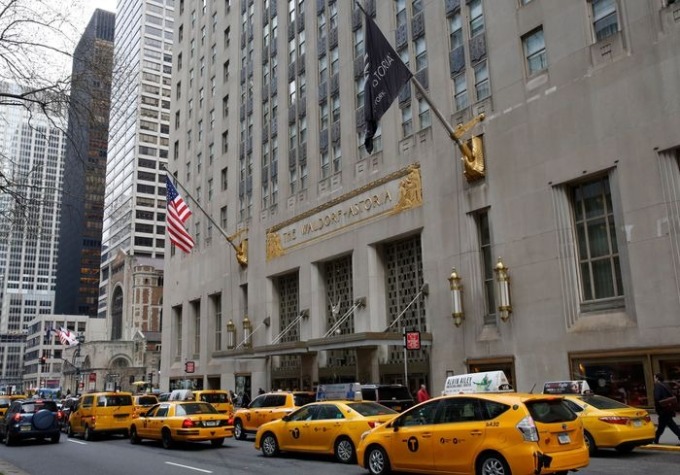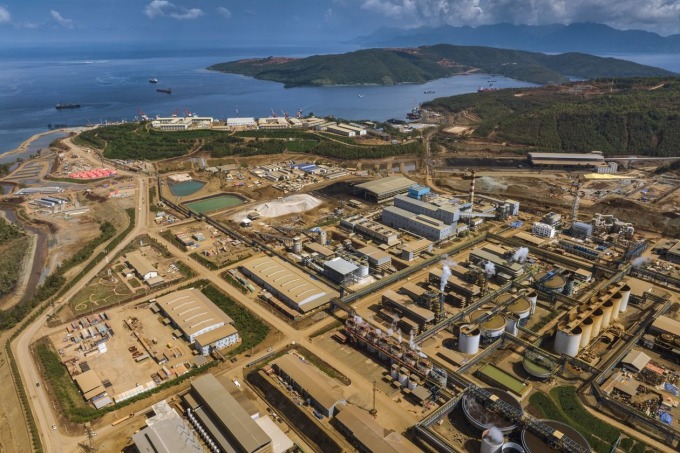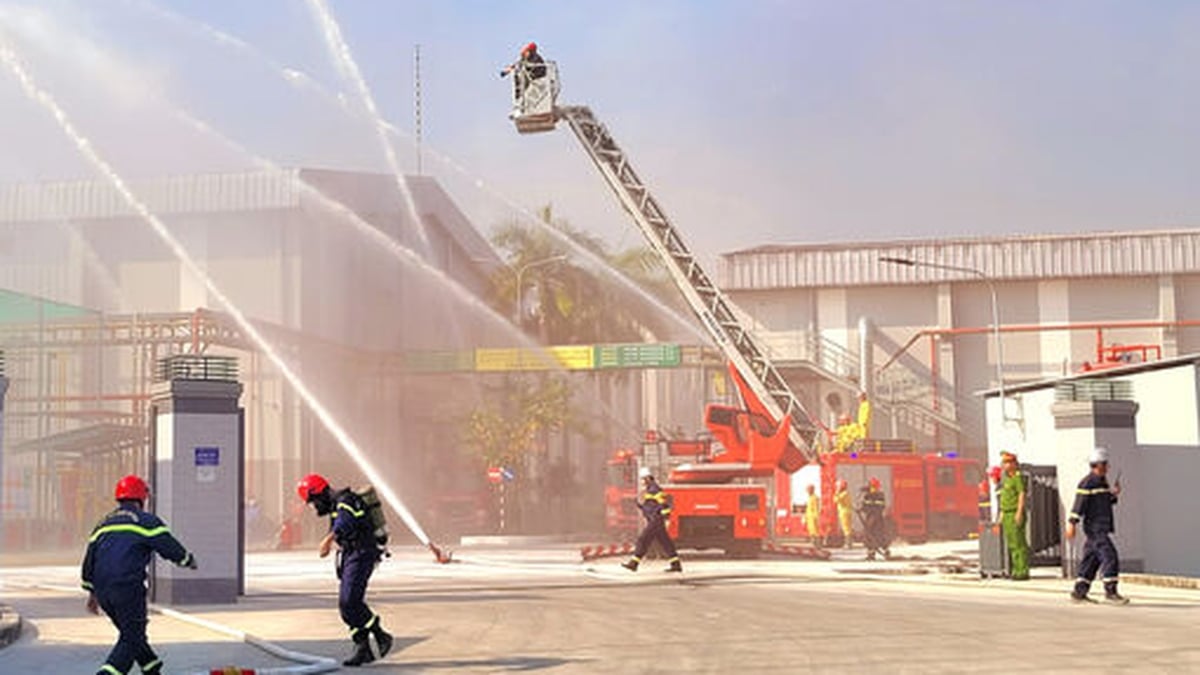China has recently been gradually withdrawing investment in the West, shifting to energy and mining projects in Asia, the Middle East, and South America.
A few years ago, Chinese investors were making huge deals, from buying a five-star hotel in New York, to acquiring a Swiss chemical company, to buying a German robotics giant. That era is over.
Beijing is pulling back on its investments in the West. Instead, it is pouring money into factories in Southeast Asia and into energy and mining projects in Asia, the Middle East and South America. China wants to strengthen its relationships in these places and secure supplies of vital resources.
According to the American Enterprise Institute (AEI), China’s overseas investment totaled $29.5 billion in the first half of this year. The biggest recipient was Indonesia, which has huge nickel reserves. Nickel is a key ingredient in many batteries used in electric vehicles.
In 2016, Chinese companies made 120 investments in G7 countries, half of which were in the US. Notable deals included a Chinese group buying US printer maker Lexmark and China’s Midea buying German robotics maker Kuka. Last year, the number of G7 investments dropped to 13.
In 2016, Chinese companies poured $84 billion into the G7. Last year, that figure was $7.4 billion, according to AEI data.

Waldorf Astoria Hotel (USA) was sold to Anbang (China) in 2015. Photo: AP
A May report by research firm Rhodium Group also found that Chinese FDI into Europe fell to a decade low of $8.8 billion last year. Electric vehicles are a rare sector that still attracts Chinese investment, but the scale is not large enough to make up for the loss.
The shift in investment flows reflects China’s response to deteriorating relations with the West, which could lead to fewer jobs in the West and less capital for entrepreneurs to access. Now, China’s economic weakness has also deprived the world of a traditional engine of growth.
Derek Scissors, a researcher at AEI, said the US economy would not suffer much from the reduction in Chinese investment. However, some smaller Western economies such as Australia, Canada and Hungary could suffer more.
The decline in Chinese money flowing into the West has its positives. For example, it has reduced the speculative activity that drove up real estate prices in Canada, the US and Australia. In 2015, Anbang Insurance bought the Waldorf Astoria hotel in the US for $1.95 billion, a record for an American hotel at the time.
More broadly, the developments suggest that globalization is slowing and political tensions are likely to worsen. United Nations figures show that China’s foreign investment fell to $147 billion last year, down 18 percent from the previous year. It peaked at $196 billion in 2016.
Despite easing Covid-19 controls since last year, China is unlikely to return to the period of massive international M&A as before. Analysts say part of the reason is geopolitical tensions with the US and its allies, causing many countries to block investment from China on national security grounds.
In China, a weak currency, struggling private businesses and a government focused on strengthening the domestic economy have also dampened outbound investment. “China’s ability to invest in advanced economies is shrinking,” said Louis Kuijs, chief Asia- Pacific economist at S&P Global Ratings. He said he doesn’t expect China’s outbound investment to surge in the next three to five years.
Instead, China is reorienting its investment to cement its dominance in areas like renewable energy and electric vehicles, which means focusing on emerging markets from Southeast Asia to the Middle East to Africa.
Chinese factory owners are looking to expand operations to gain new customers. Beijing’s priority is also resource-rich markets.

A nickel production facility in Indonesia. Photo: WSJ
Chinese companies poured $24.5 billion into Asia, South America and the Middle East last year, up 13% from 2021. Notable deals included oil giant CNOOC’s $1.9 billion investment in Brazil and investments by automakers Great Wall Motor and BYD in Thailand. BYD also said this month it plans to invest more than $600 million in several factories in Brazil.
Not only China, but also many countries' overseas investment has decreased. Data from the United Nations Conference on Trade and Development (UNCTAD) shows that in 2022, foreign investment in the world decreased by 14% compared to the previous year. The reasons are inflation, recession fears and fluctuations in financial markets that make investors hesitate.
However, China's decline was stronger and more prolonged, especially in developed countries. This is seen as a sign that China wants to be economically independent from the West.
Before 2016, Beijing encouraged Chinese companies to invest abroad to increase their economic influence. As a result, conglomerates such as HNA and Dalian Wanda continued to pour money into buying banks, hotels and cinemas around the world.
However, by 2016, concerns about capital flight and the alarming financial situation of many domestic corporations led Beijing to tighten its grip. In addition, relations between China and the West have deteriorated in recent years, due to both political and trade issues.
“China’s economic slowdown and geopolitical volatility will make a return to 2016 investment levels unlikely,” Rhodium Group concluded.
Ha Thu (according to WSJ)
Source link



































































































Comment (0)